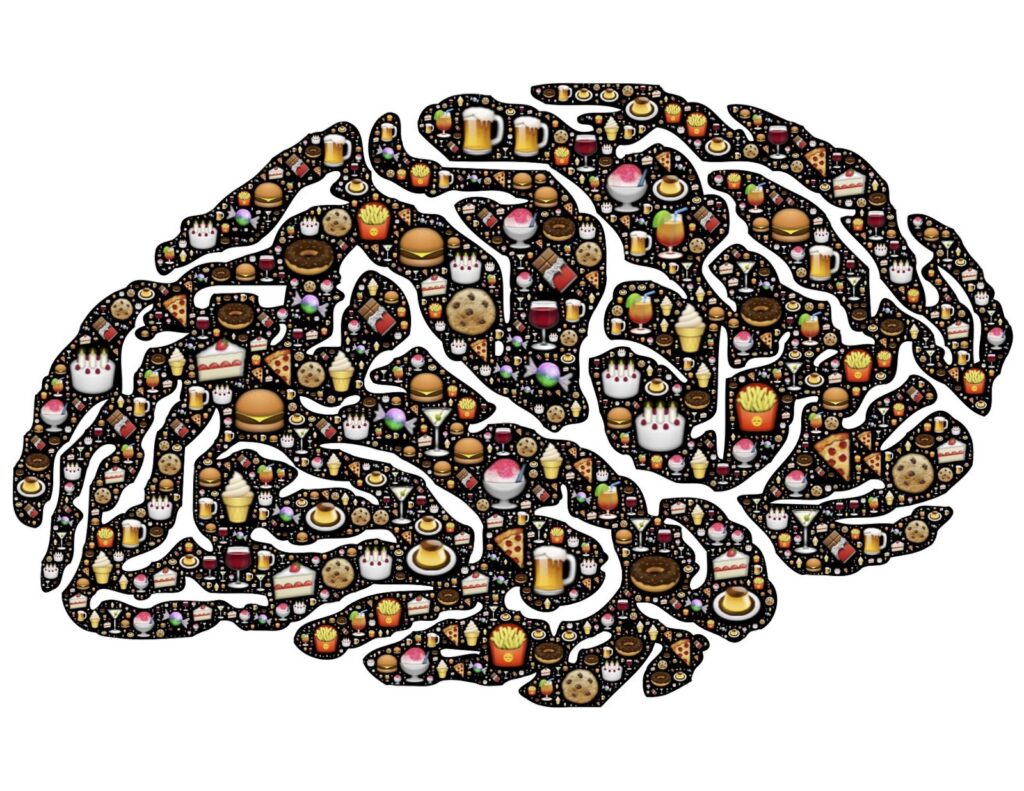Selling Addiction: Practice Makes Perfect

Chris van Tulleken is a British physician and scientific researcher with two fully-packed but very different résumés. One describes a practicing physician with credentials in several specialty areas. The other is an award-winning media figure, a publisher of books, and a familiar television presence. We are looking at the transcript of his TEDx talk entitled “Here’s Why You’re Addicted to Ultra-Processed Food.”
He begins by asking the audience members to examine our own relationship with foods. Are there any that cause physical, social or psychological problems but we keep eating them anyway? Have we ever tried and failed to quit these foods? Is guilt involved, or the sensation of craving? How about feeling out of control? And do we continue to eat the stuff anyhow, and have we maybe tried to ditch it, and found ourselves unable to? Why might this be?
According to Dr. van Tulleken,
The companies know their food is addictive. We’ve got cereals called Crave, we’ve got whole campaigns based around the notion of addiction… We have to stop doctors, scientists, policymakers from having a financial relationship with food companies. We need to get the tiger off the box and put warning labels on.
Dr. van Tulleken talks about the 2009 events in Brazil, when Nestlé was down there with a door-to-door sales force hustling junk food. A team led by Carlos Monteiro investigated the widespread prevalence of diet-related illness. These efforts really brought to light the problem of what came to be called ultra-processed food. There is a long, elaborate official definition, but Dr. van Tulleken boils it down conveniently to “They’re products with at least one ingredient you wouldn’t usually find in your kitchen at home.”
This whole topic is so important because “poor diet has now overtaken tobacco as the leading cause of early death.” He names several of the causes. It is a pretty certain bet that food additives mess with the body’s inner kingdom called the microbiome, inhabited by enormous numbers of organisms that have definitive effects on health, most of which have not yet been discovered.
Directly or indirectly, what we eat affects our vulnerability to anxiety and depression, dementia, eating disorders, cancers of all kinds, liver disease, inflammatory bowel disease, metabolic disease, cardiovascular disease, weight gain, and obesity. (Thanks to their being so widespread, these latter two conditions are the ones for which science has the most data.)
Now, what about the addictive part? By the best current estimate, around 14% of adults and 12% of children are addicted to ultra-processed foods. Maybe that doesn’t sound so bad, but compare the numbers to this tidbit of information: “Of people who try cocaine or alcohol, between 10% and 20% of them develop an addiction.” In terms of raw percentages, this is too close for comfort.
A telltale sign of hyper-processing is that people tend to eat the stuff fast, and the instantaneous delivery of reward molecules to the human system, especially the brain, seems to be an important facet of the irresistibility.
Surely this very popular and personable doctor does not intend to come across like a British chauvinist, but check out these quotations about additives:
In the UK, we’ve got more than 2,000. In the US, no one has a list. Might be 5,000. By some estimates, it’s more than 15,000 chemicals added to food… Ultra-processed food is not food, it’s an industrially produced edible substance.
No matter what part of the world we live in, as long as mystery chemicals are mixed in with what we eat, this chilling fact affects everyone:
Essentially, you are all participants in experiments that you didn’t volunteer for… You take all the risk in this experiment. New molecules, new combinations of molecules are added to your food and trialed on you, and the benefits are all kept by a very small number of people who own a relatively small number of companies.
About those companies, Dr. van Tulleken mentions a painfully ironic twist. The same corporation whose stock profits maintain your pension fund is probably selling you food that will shorten the number of retirement years during which you will enjoy collecting that pension.
Another unwelcome fact is that the food business has learned all its dirty pusher-man tricks from the tobacco business. (Indeed, in some cases, they are the same corporation.) Throughout the history of factory-made, packaged cigarettes, every smoker has contributed to the food industry’s accumulated knowledge about how to keep people hooked forever.
Written by Pat Hartman. First published May 23, 2025.
Sources:
“Here’s Why You’re Addicted to Ultra-Processed Food: Chris van Tulleken (Transcript),” The Singju Post, January 22, 2024.
“When NOVA Came on the Scene,” Childhood Obesity News, May 20, 2025.




